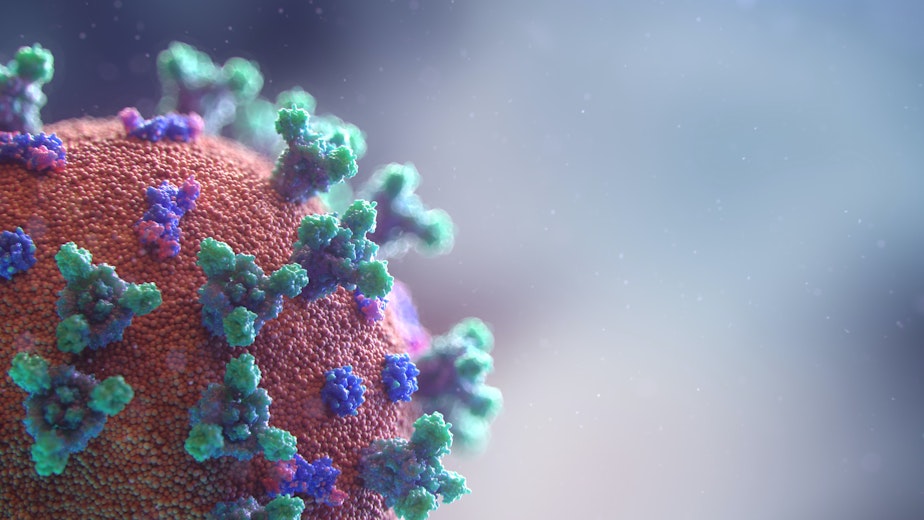WSU research discovers new Covid-like virus in bats

Researchers at Washington State University say they've discovered a new Covid-like virus that could be transferred from bats to humans.
The virus, named Khosta-2, was recently found in a Russian lesser horseshoe bat. Researchers behind a new study say the virus is resistant to current vaccines for Covid. Those who've already had Covid-19 and developed antibodies could be susceptible to it as well.
Scientists say this discovery highlights the need to develop a universal vaccine that works against these types of viruses. Hundreds of such viruses have recently been discovered in bats in Asia, but weren't capable of infecting humans. These newly discovered viruses however, were able to infect human cells in a lab.
“Right now, there are groups trying to come up with a vaccine that doesn’t just protect against the next variant of SARS-2 but actually protects us against the sarbecoviruses in general,” said Michael Letko, a WSU virologist. “Unfortunately, many of our current vaccines are designed to specific viruses we know infect human cells or those that seem to pose the biggest risk to infect us. But that is a list that’s ever-changing. We need to broaden the design of these vaccines to protect against all sarbecoviruses.”
Letko is co-author of a new study on Khosta-2 published in the journal PLoS Pathogens.
The good news, right now, is that the new virus is missing a few traits that help pathogenesis in humans. There is concern that could change, however, if this virus, Khosta-2, combines with a second virus, like SARS-CoV-2.
“When you see SARS-2 has this ability to spill back from humans and into wildlife, and then there are other viruses like Khosta-2 waiting in those animals with these properties we really don’t want them to have, it sets up this scenario where you keep rolling the dice until they combine to make a potentially riskier virus,” Letko said.
In addition to Letko, Seifert and Gunn, co-authors on this study include Shuangyi Bai and Stephen Fawcett of WSU as well as Elizabeth Norton, Kevin Zwezdaryk and James Robinson of Tulane University.




